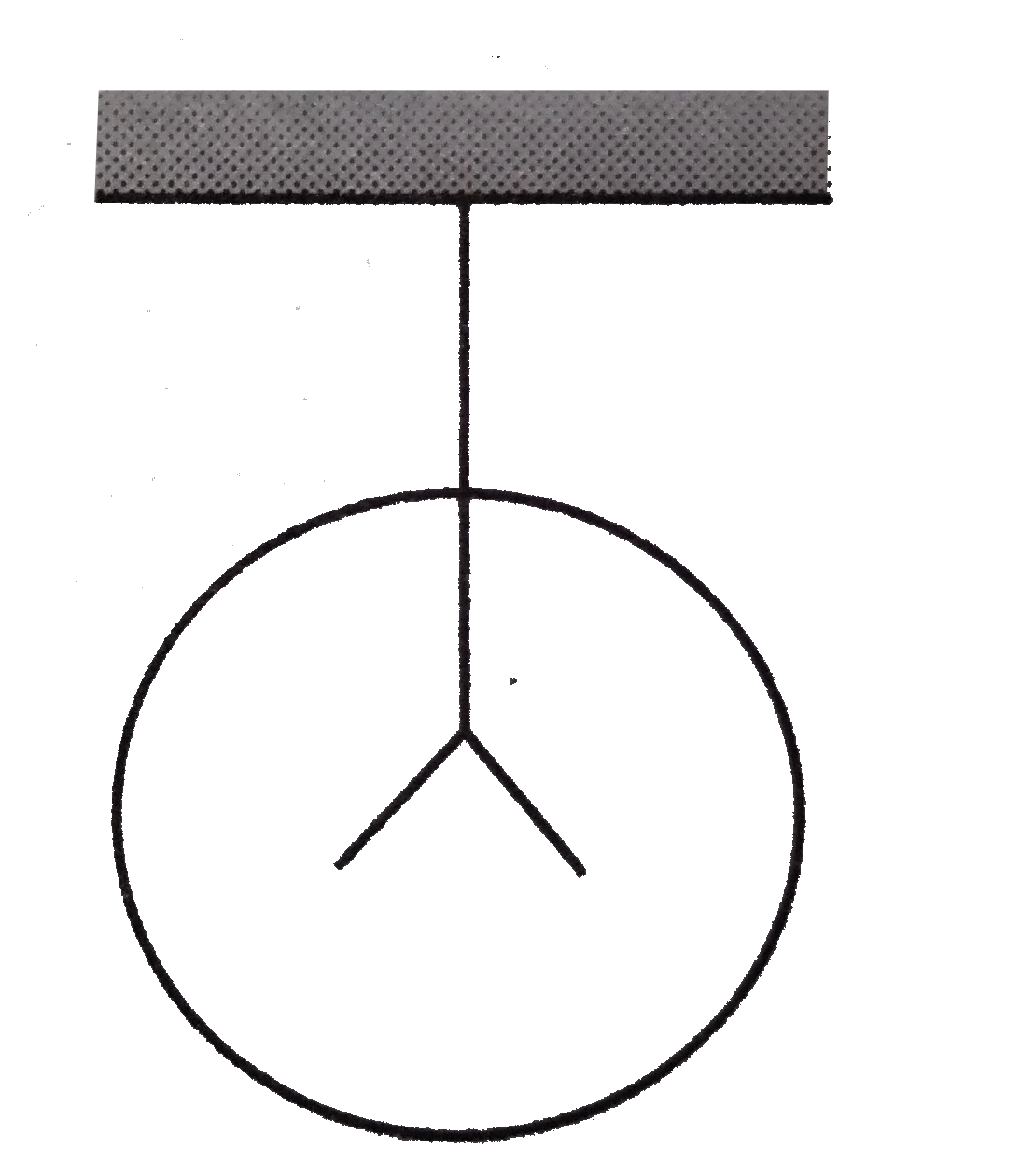You have just charged an electroscope by bringing a positively-charged glass rod near it. As a result, the leaves of the electroscope have moved apart. What will happen if you now bring a negatively-charged ebonite rod near the brass disc of the electroscope?
The gold leaves will move further apart
The gold leaves will come closer together.
The gold leaves will stay at the same position as before
The gold leaves will lose all charge and come to their rest
The correct Answer is:B
Topper's Solved these Questions
- SOME NATURAL PHENOMENABOOK - PEARSON IIT JEE FOUNDATIONCHAPTER - SOME NATURAL PHENOMENAEXERCISE - CLASSROOM CORNER (LONG ANSWER TYPE QUESTIONS)
17 Videos
- SOME IMPORTANT ELEMENTS AND THEIR COMPOUNDSBOOK - PEARSON IIT JEE FOUNDATIONCHAPTER - SOME IMPORTANT ELEMENTS AND THEIR COMPOUNDSEXERCISE - Level-3
10 Videos
- SYNTHETIC FIBRES AND PLASTICS BOOK - PEARSON IIT JEE FOUNDATIONCHAPTER - SYNTHETIC FIBRES AND PLASTICS EXERCISE - COMPETITION CORNER (Choose the correct option)
53 Videos
Similar Questions
Knowledge Check
A positively charged body is brought near to bob of an uncharged gold leaf electroscope , then :
Ano charge is induced in the leavesBpositive charge is induced in both the leavesCnegative charge is induced in both the leavesDpositive charge is induced in one leaf and negative in the otherAn electroscope is given a positive charge, causing its foil leaves to separate. When an object is brought near the top plate of the electroscope, the fiols separated even further. We conclude.
 Athat the object is positively chargedBthat the object is electrically neutralCthat the object is negatively chargedDnone of these
Athat the object is positively chargedBthat the object is electrically neutralCthat the object is negatively chargedDnone of theseA girl brings a positively charged rod near a thin neutral stream of water from a tap. She observes that the water stream bends towards her. Instead, if she were to bring a negatively charged rod near to the steam, it will–
ABend in the same directionBBend in the opposite directionCNot bend at allDBend in the opposite direction above and below and rod
When the disc of GLE is touched with positively charged glass rod the charge on the leaves of GLE is :
View SolutionHow can you charge gold leaf electroscope positively by conduction ?
View SolutionAn electroscope is given a positive charge, causing its foil leaves to separate. When an object is brought near the top plate of the electroscope, the fiols separated even further. We conclude.

View SolutionHow do you charge a gold leaf electroscope negatively by induction?
View SolutionWhy do the two leaves present in an electro scope always move apart when a charged body is brought near the brass rod connected to them?
View Solution
